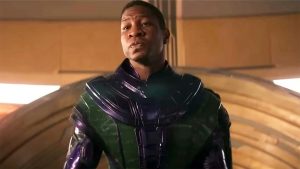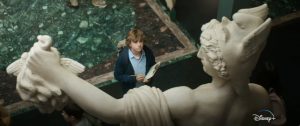The Walt Disney Co, on Friday, filed several lawsuits to invalidate copyright notices served by artists and illustrators involved with Marvel characters in a bid to defend their Marvel superhero franchise.
Daniel M. Petrocelli, a Los Angeles litigator, filed the complaints on Disney’s behalf in federal courts in New York and California.
The dispute began when prominent intellectual property lawyer, Marc Toberoff, served Marvel Entertainment with copyright termination notices on behalf of five clients. The reclamation attempts come from a provision of copyright law that “allows authors or their heirs to regain ownership of a product after a given number of years.”
Also Read | Chris Pratt, Anya Taylor-Joy to give voiceover in ‘Super Mario’ movie
The Copyright Revision Act of 1976 bans “termination for people who delivered work at the “instance and expense” of an employer.”
“Since these were works made for hire and thus owned by Marvel, we filed these lawsuits to confirm that the termination notices are invalid and of no legal effect,” Petrocelli said by phone.
Furthermore, Disney’s complaint against Lieber states that “Marvel assigned Lieber stories to write, had the right to exercise control over Lieber’s contributions and paid Lieber a per-page rate for his contributions.”
Also Read | Andrew Garfield reacts to his leaked images from ‘Spider-Man: No Way Home’
Those conditions render his contributions “work made for hire, to which the Copyright Act’s provisions do not apply,” according to the complaint.
Toberoff strongly disagreed and said, “At the time all these characters were created, their material was definitely not ‘work made for hire’ under the law,” in an email to Indian Express. “These guys were all freelancers or independent contractors, working piecemeal for car fare out of their basements.” Hence, not “traditional, full-time employees,” he said.
“At the core of these cases is an anachronistic and highly criticized interpretation of ‘work-made-for-hire,’ ” Toberoff said
If the termination notice is successful, Toberoff’s clients would receive a portion of profits from new works based on any of the copyrighted material.






